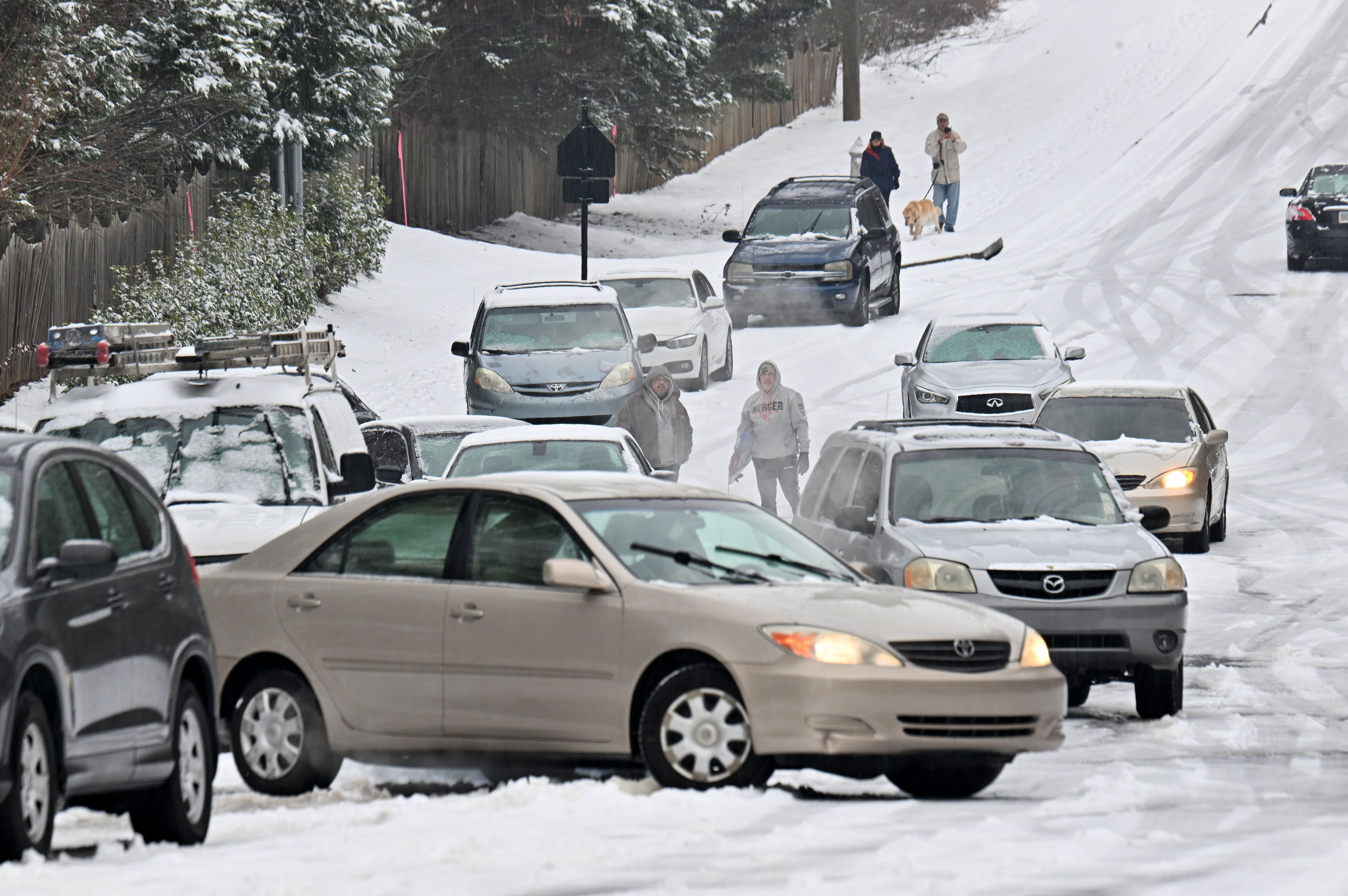Georgia Supreme Court rejects Trump appeal
The Georgia Supreme Court has rejected an appeal of a lawsuit by President Donald Trump that seeks to overturn the state’s election results.
The president filed the lawsuit in Fulton County Superior Court on Dec. 4. But on Friday he appealed the case directly to the Supreme Court. The appeal said procedural miscues it blamed on the county meant the case would not be heard before Monday — the day the Electoral College is set to formally name Joe Biden the next president.
The appeal asked the Georgia Supreme Court to consider the merits of its case before Monday. But late Saturday, the court rejected the appeal.
The court said it had no jurisdiction in the case because the Fulton County judge’s order they appealed — setting the case on a normal timetable instead of expedited timetable — was not a final judgment subject to direct appeal to the Supreme Court. Among other things, the court also held that the “petitioners have not shown that this is one of those extremely rare cases that would invoke our original jurisdiction.”
Among other things, the Trump lawsuit says tens of thousands of people voted illegally in Georgia. Such claims came under fire at a state legislative hearing last week, when a lawmaker said she found that several voters who allegedly cast fraudulent ballots were, in fact, legally registered voters.
U.S. Attorney General William Barr and Secretary of State Brad Raffensperger have said their investigators have found no evidence of widespread voter fraud.
It’s the latest legal setback in the president’s efforts to overturn the election results. On Friday, the U.S. Supreme Court rejected a lawsuit by Texas that challenged election procedures in Georgia and three other states.


